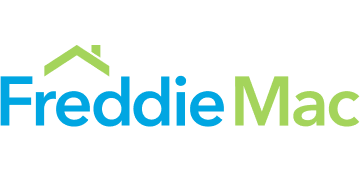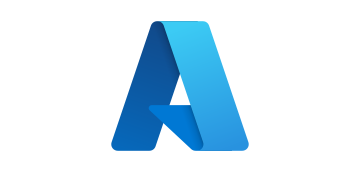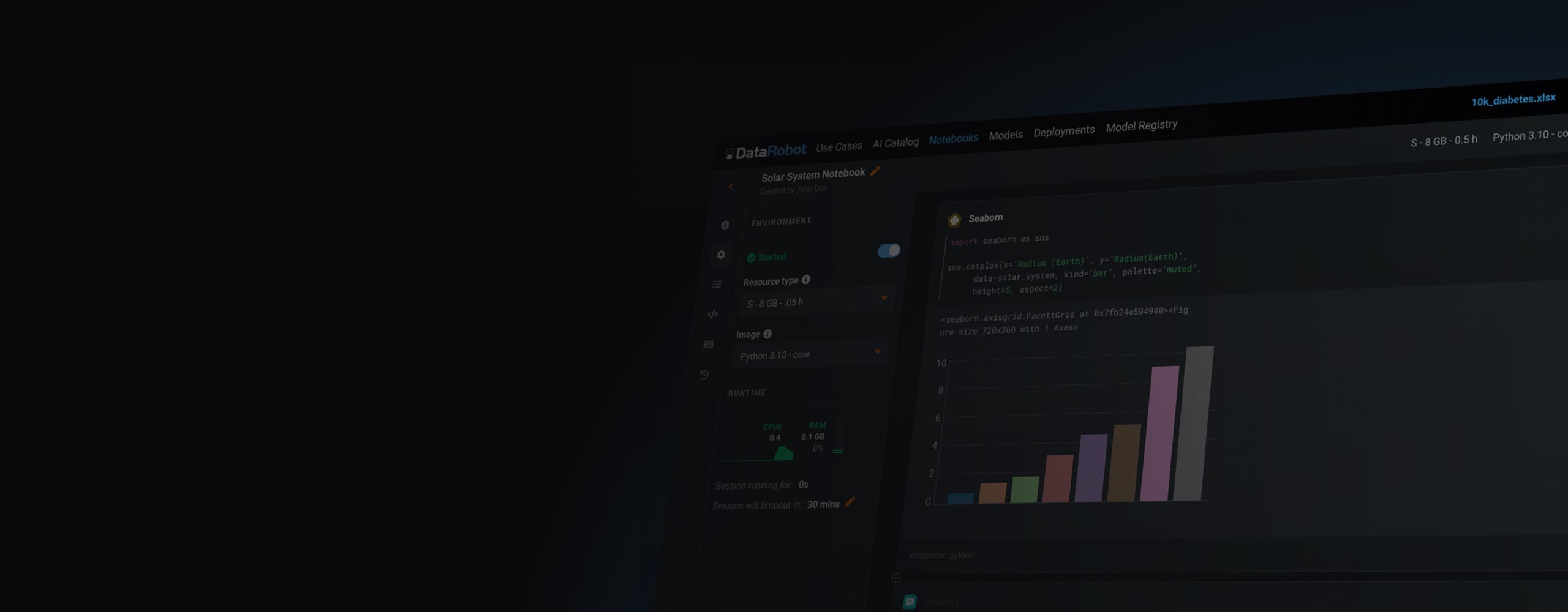
Notebooks
Build and automate end-to-end solutions to drive data analysis, model development, and productionization across the machine learning lifecycle.
Data Science Notebooks for Code-First Users
AI is a team sport that requires effective collaboration among data scientists, business analysts, IT, and other groups across the enterprise. Over 30% of data scientists collaborate on teams with 10 or more data science experts, each with their own preference of tools and languages. Organizations need a unified environment that provides the flexibility for code-first experimentation coupled with out-of-the-box enterprise features to execute at scale. Extend the power of the DataRobot AI platform to expert data scientists who love to code.
Integrated Experience that Drives Real Business Impact
Enable your team to build data science notebooks with flexibility and control through the power of the DataRobot AI platform. Reduce hundreds of lines of code, automate data science tasks, and accommodate custom code workflows specific to your business needs. Innovate and experiment fast to deliver unique insights from any data.
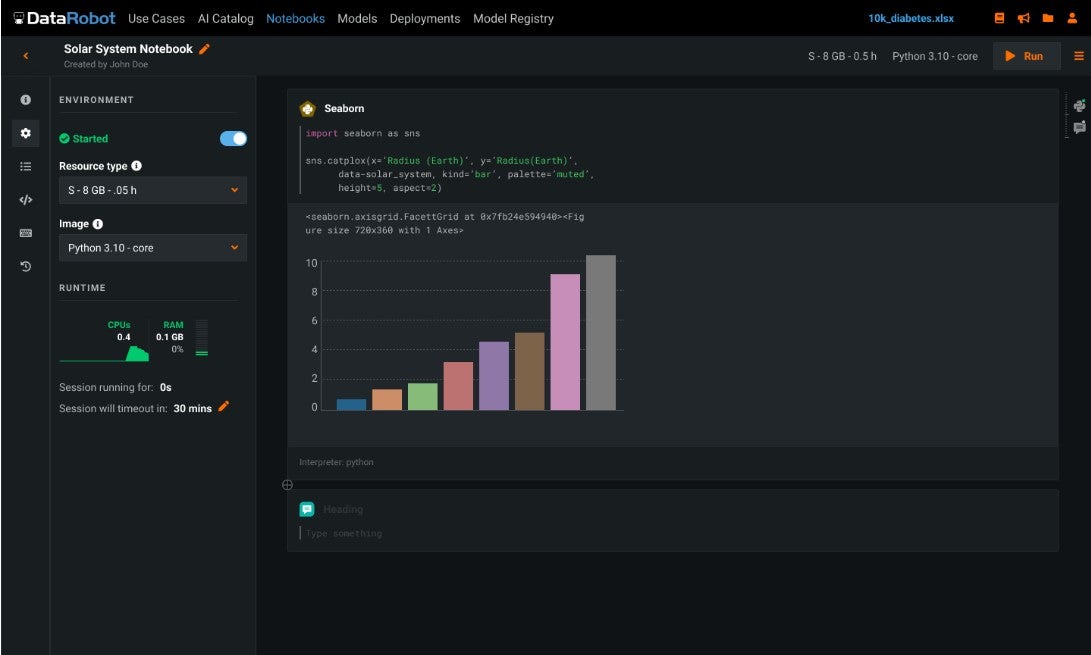
Enterprise-Grade ML Development at Scale
Accelerate AI delivery by leveraging the managed and scalable compute infrastructure along with enterprise-grade security on the DataRobot AI platform. Easily configure hardware and environment resources. Spend more time delivering impact for the business and less time on infrastructure management.
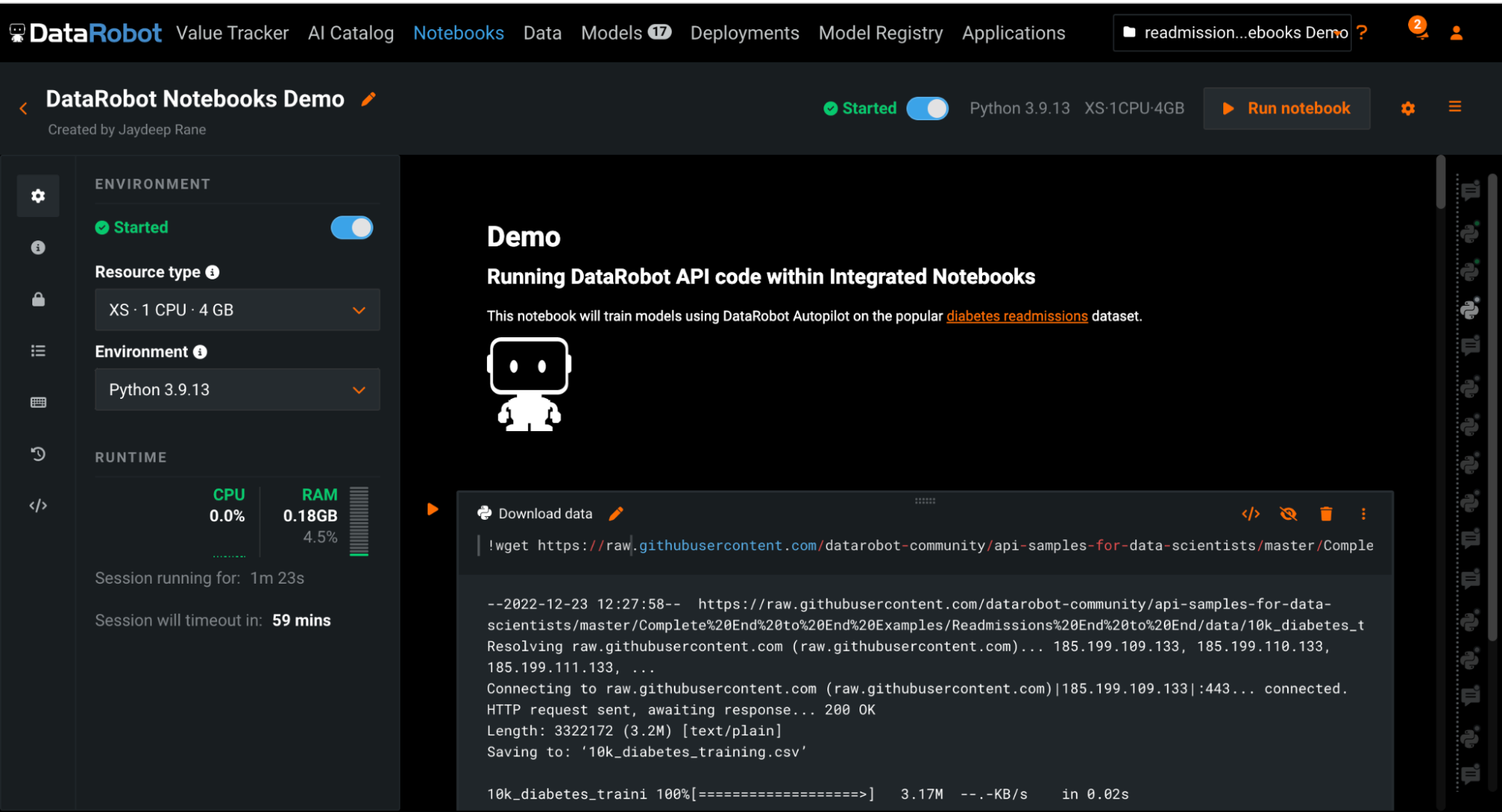
Centralized Governance and Compliance
Centralize AI development by storing your team’s data science notebooks in the cloud rather than on local machines, helping ensure visibility into your IP. Establish governance and policies by easily defining user roles and designated privileges to protect sensitive code, data, and platform management functions from unwanted access.
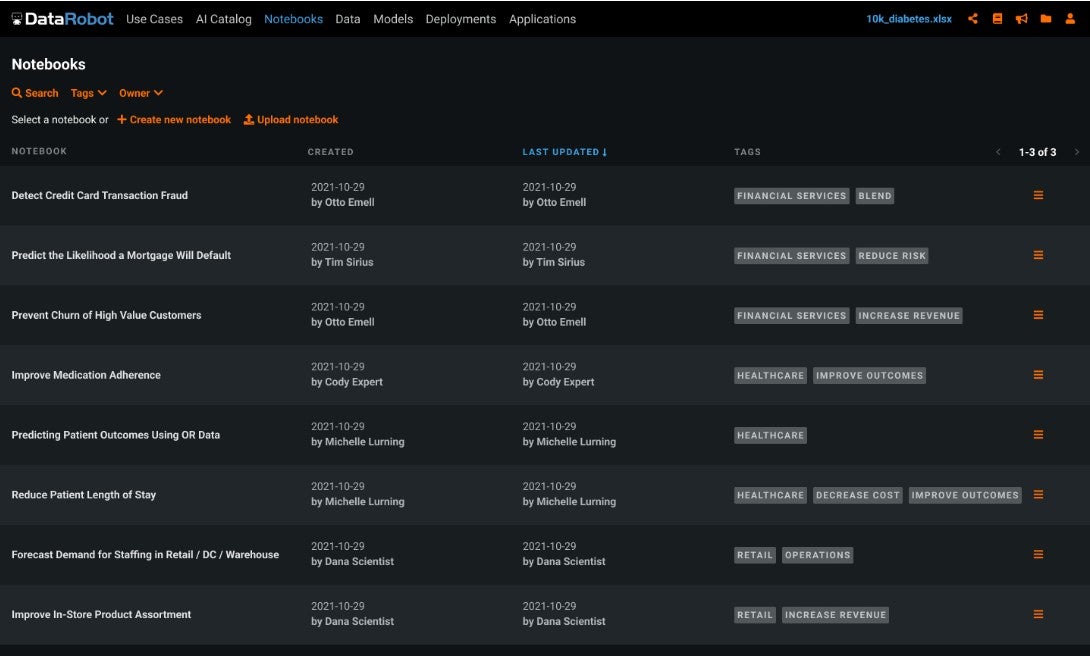
Streamline Data Science Workflows with Native Capabilities Beyond Classic Jupyter Notebooks
DataRobot Notebooks are Jupyter compatible, ensuring a familiar user interface and interoperability with the rest of the ecosystem. A host of native features further enhances the code-centric data science development experience. Code snippets for a variety of common data science and DataRobot API tasks, such as connecting to external data sources and building models with DataRobot Autopilot and generating custom metrics. Notebook environment variables allow you to securely store and manage secrets. Built–in notebook revision history provides the ability to checkpoint and track your progress and revert to previous versions of notebooks as needed.
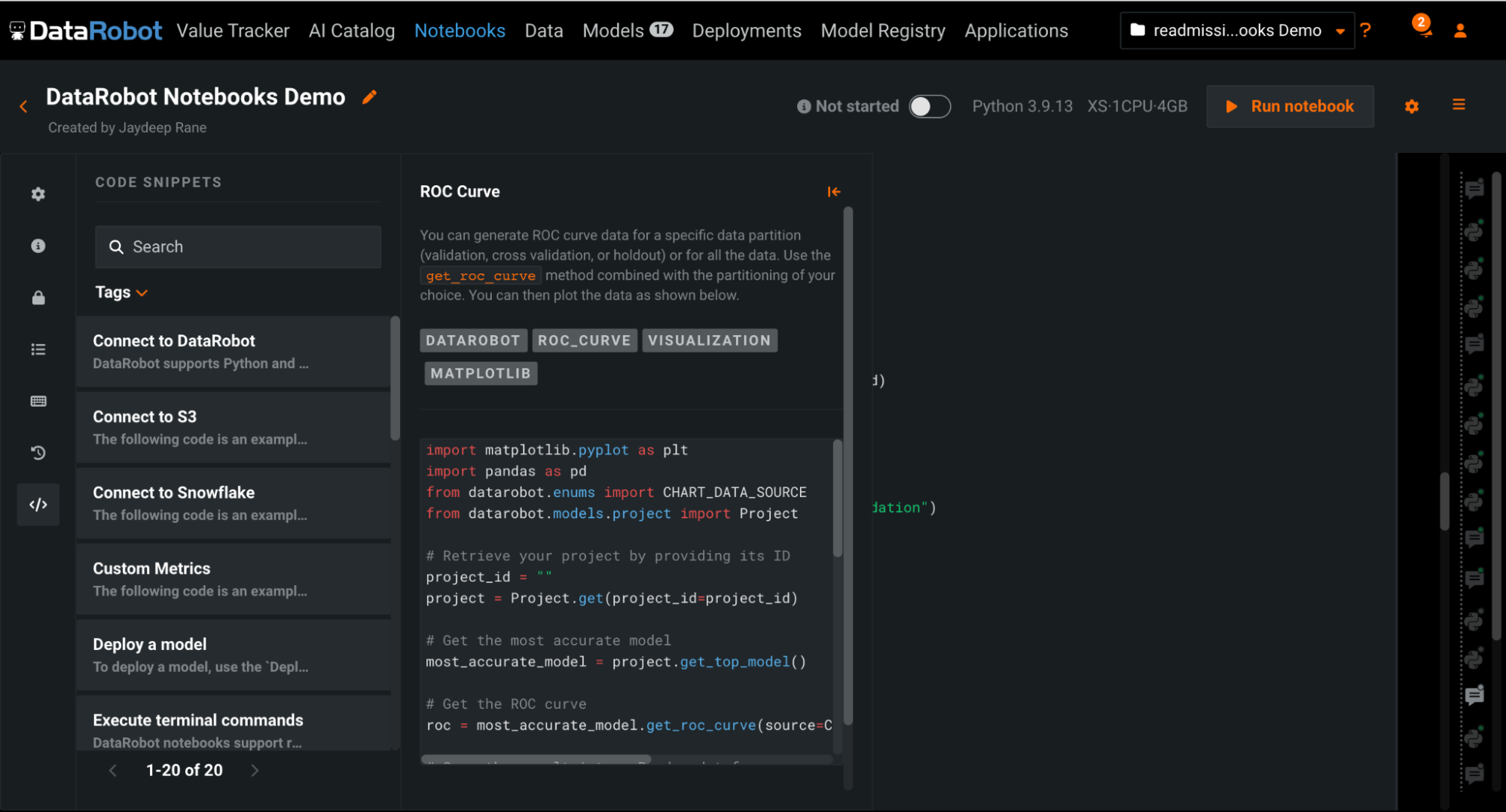
Many customers have told us they want a secure, embedded, and cloud-first solution to break free from open-source notebooks and their high costs to maintain and lack of collaboration,” said Venky Veeraraghavan, SVP Product Management at DataRobot. “Now, with DataRobot Notebooks, anyone can quickly and easily migrate their open-source notebooks or legacy code to DataRobot, giving customers the best of both worlds—the native integration with the the DataRobot AI platform and a best in class notebook experience with consumption based pricing so you only pay for what you use.
Frequently Asked Questions
Discover how to empower code-first data science experts through a unified experience that accelerates AI development.




